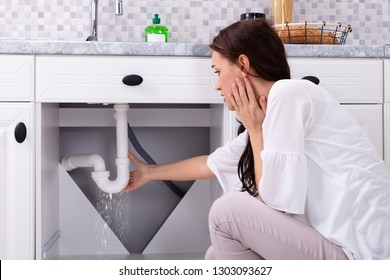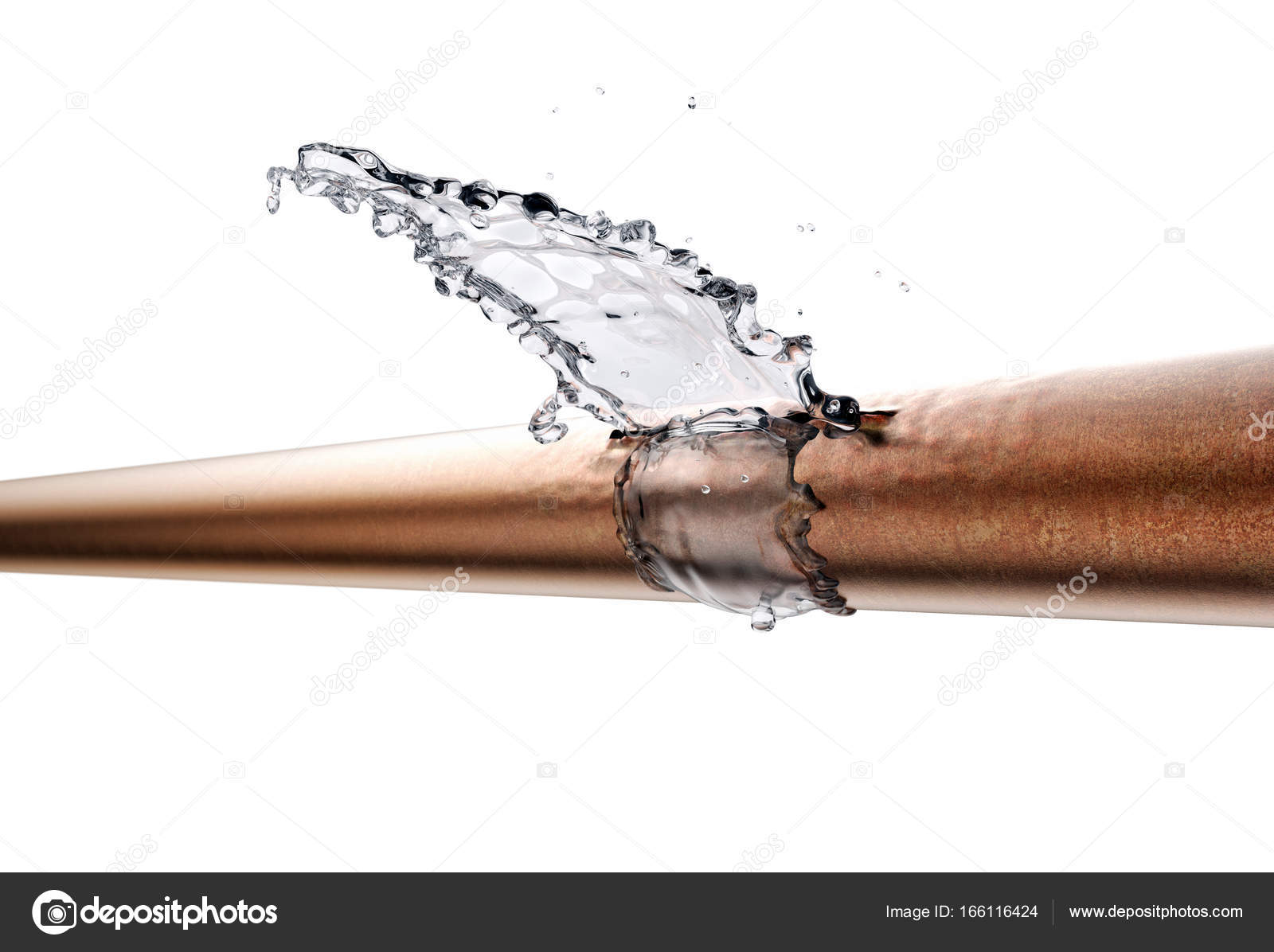Steps to Handle a Burst Pipe
Steps to Handle a Burst Pipe
Blog Article
Have you been on the lookout for ideas around How to Fix a Burst Water Pipe?

The prompt reaction when a pipeline bursts in your building is to go in full panic mode. Don't fret; you are not the only one as many home owners feel this way, too. Nevertheless, this issue can lead to considerable home damages.
Though it might be difficult to do, remain calm and also collected. Making rash choices can make the circumstance worse. To help you out, here are 6 prompt steps you must take when facing ruptured pipes. Remember, expertise is power so checking out this before it occurs will enable you to stay in control even amidst a massive emergency water leakage:
Attempt a DIY Pipe Fixing
If you have actually got handyman abilities, do a small repair work like sealing a little fracture. You can buy piping sealant to make quick fixes. Be cautious with the application, so you do not get worse any problems. If you require to tighten a few nuts and also bolts, stand up to need to over-tighten as this can lead to leaks down the line.
Shut the Main Water Shutoff
After a fast check, you can now shut down the main water. Maintaining water running will result in large damage. The last thing you require is significant flooding warps wood floors or damages home appliances and also furniture. You additionally intend to prevent mold development. Switch off the valve and call the plumber for an emergency assessment.
Drain pipes the Pipe
As you wait for the plumber to get here, drain pipes the water moving in the pipes. Just run your faucet as well as flush the toilet to guarantee that whatever water is staying will totally spurt. When you do this, the leak will certainly stop going where it's not expected to be to begin with. With that, the plumber can also work much faster. Just don't fail to remember to turn off the faucet after the pipelines are drained pipes.
Do away with Any Standing Water
Do not allow any kind of standing water sit for too. It will certainly cause more damage if water seeps right into your floors or carpet. You also do not want it to stream into important items like electronic devices. Tidy up the water and dry the area off promptly. If you have electrical fans, keep them running to distribute the air and promote much faster drying out.
Conduct a Quick Visual Inspection
Though your instinct is to shut off the valve immediately, time out for a while and also conduct a quick visual evaluation of the site. Try and also find where the water is leaking from. Doing so will certainly enable you to advise the plumber on what area to look at. This less-than-a-minute examination will certainly conserve you time and also aid your plumber quickly recognize the origin.
Call a Trustworthy Plumber
If you really feel uncertain regarding your skills to repair a small crack or tiny leakage, it is best to call an expert plumber. When it pertains to repairs, they have the expertise, abilities, tools, and experience to get points done quick. Playing with pipes is not a joke as it can cause more issues if done incorrectly. Discovering a respectable plumbing solution guarantees your water leakage is taken care of efficiently and also efficiently.
A Frozen Pipe Has Burst, What Are The Next Steps?
How to Tell if Pipes are Frozen
It’s important to catch frozen pipes early to prevent damages. Typically, you will be able to boost your thermostat or talk a professional plumber before any damage occurs. However, here are a few signs that will help you identify if your pipe is frozen.
No Water – An obvious sign that you have frozen pipes is if there’s a complete lack of water coming from your faucets or fixtures. Frost – If you can gain access to view your pipes, check to see if there is visible frost on them. Take note of which parts of the pipe has frost. Smell – If your pipes freezes, it will block food and waste down your drain, causing a backup and your room to begin to have a bad smell. How to Tell if a Frozen Pipe has Burst
Inspect the Inside of the Building. Go through each area of the building and look for actively dripping water and signs of water damage. Examine any exposed pipes and check them for frost or condensation. Especially keep an eye on rooms such as bathrooms, kitchens, laundry rooms, and unheated areas of the building. Turn on the faucets and flush your toilets. Ensure they are working and the water has no discoloration or smell to it. If there is only a slow trickle of water coming out, or no water at all, this might mean a frozen pipe has burst. Check your water meter. If all fixtures in the building are off and it still shows movement, this could be a sign of a burst. Check the exterior of the building. Look for water building up anywhere out of the ordinary, or sinkholes in your yard. Remove Water Right Away
It is important to clean up water right away to prevent mildew and mold buildup. You will need towels, buckets, mops, and a wet/dry vacuum. Do not wait for the plumber to remove the water for you, the longer you wait the more likely it is that you’ll get mold or severe water damage.
Avoid Extreme Temperatures
First off, make sure the temperature in your home is no lower than 55*F. If you are going to be gone for a long time, turn off your water with the shut off valve to prevent freezing and bursting.
Don’t Leave Still Water in Pipes
When the weather gets too cold, you should let water drip from your faucet. While the dripping might be irritating, this will help prevent water from freezing. You can detect a frozen pipe if the faucet stops working, or the toilet doesn’t refill.
Taking Precautions with Frozen Pipe Damage
A burst pipe is one of the most common issues people face at home. There can be a number of reasons why pipes burst in harsh climate conditions such as extremely cold temperatures. Low to freezing temperatures can freeze the pipes, causing there to be frozen pipe damage and leading them to burst. Regardless of the type of pipes – whether they be metal or plastic, they can still expand or burst and cause water damage to your home. A burst pipe also requires a significant amount of costs in repairs. This is why it’s important to take all the safety measures to prevent pipes from bursting.
Below are some frequently asked questions and helpful steps to take to safely solve any problems you may be experiencing with your pipes at home.
What to Do When a Pipe Bursts:
Turn off the main water supply Contact a professional Quickly remove and clean excess water to avoid further water damage. Take pressure off pipes by draining the faucets Circulate warm air in your home to slowly thaw pipes Use a repair sleeve to temporarily cover the damaged area of the pipe https://jenkinsrestorations.com/frozen-pipe-has-burst-whats-next/

I discovered that piece on What to Do When a Pipe Bursts when browsing the internet. Are you aware of somebody who is fascinated with How to Fix a Burst Water Pipe? Do not hesitate to share it. I am grateful for your time. Don't forget to pay a visit to our blog back soon.
Peace of mind? Dial! Report this page